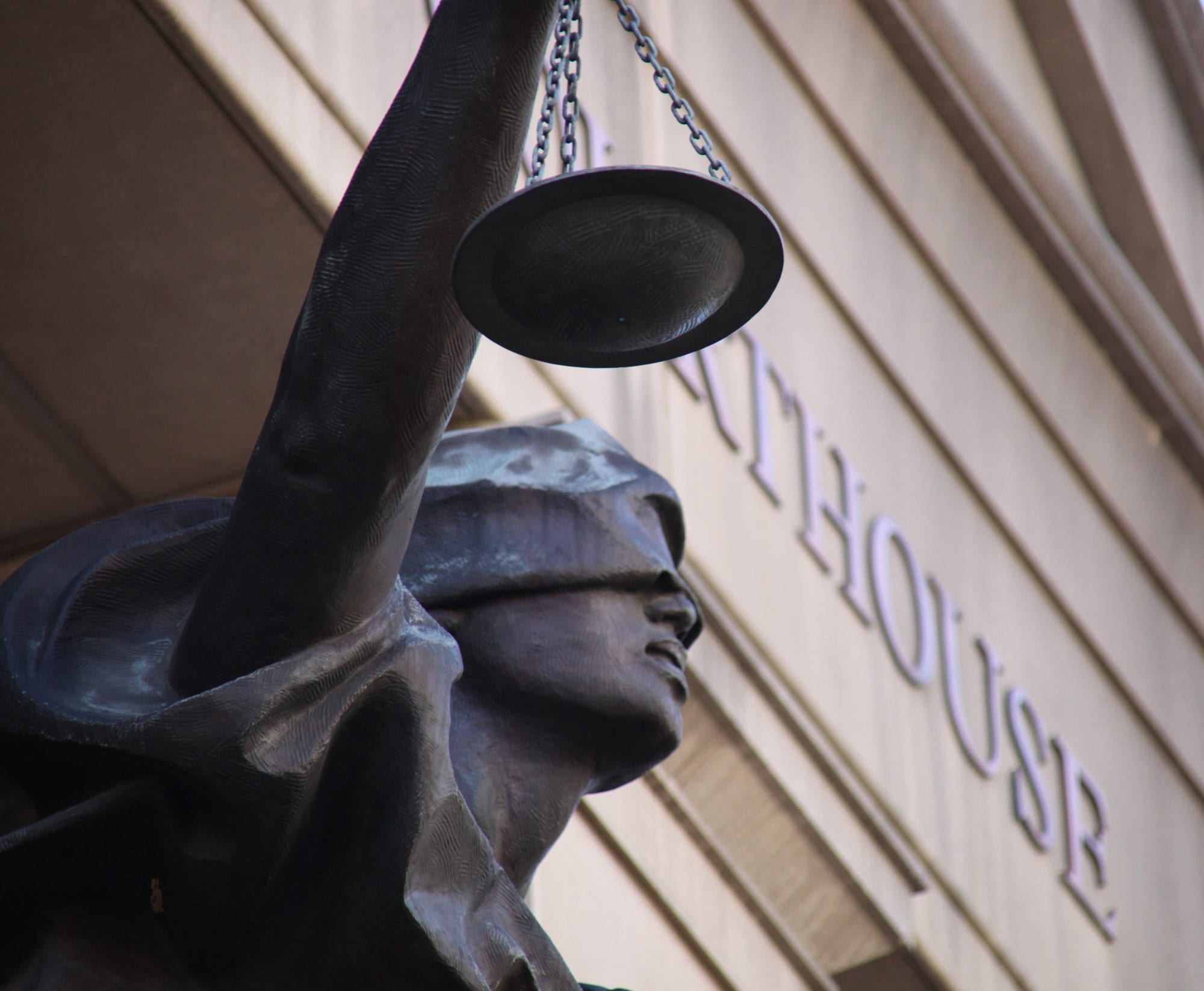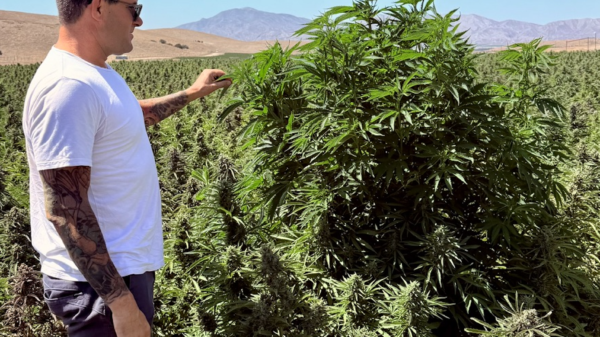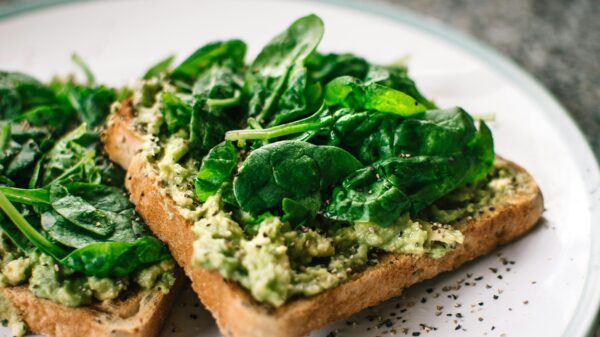A U.S. appeals court rejected a California pot company’s appeal to eliminate Section 280E of the Internal Revenue Code, a federal tax provision that has cost American cannabis operators millions in extra taxes.
The court’s decision on Thursday means that Harborside Inc. (CSE: HBOR) and other state-legal cannabis companies will continue to be taxed by the U.S. government at a much higher rate than federally legal businesses.
Section 208E prohibits any company that produces or sells Schedule 1 or Schedule 2 controlled substances from making standard business deductions on their federal taxes.
Harborside had argued in several years-long court battles that 280E is unconstitutional because it conflicts with the 16th Amendment by taxing pot companies on gross instead of net income.
When the company filed its appeal in May 2020, Greenspoon Marder attorney James Mann said that the tax code — which is used by the federal government to tax proceeds from illicit drug sales — “results in a tax that’s not on income, it’s not an income tax, so therefore it’s unconstitutional.”
But in Thursday’s landmark ruling, a panel of the 9th Circuit Court of Appeals upheld a previous U.S. Tax Court ruling that Harborside owes millions of dollars in back taxes for taking business deductions and exclusions connected with the sale of a federally illegal substance.
In 2018, the U.S. Tax Court ruled against Harborside, describing the firm as “a giant drug trafficker” that isn’t entitled to the usual deductions that legitimate businesses can claim because weed is federally illegal.
Earlier this year, the firm said the tax court ruled separately that it’s subsidiary San Jose Wellness is liable for US$4.2 million in taxes because federal law prohibits cannabis companies from claiming depreciation and charitable contribution deductions.
The case before the 9th Circuit appeals court began in February.
While the cannabis industry applauded the U.S. House of Representatives for passing a cannabis banking bill on Tuesday, they’ve argued that the legislation should also eliminate Section 208E.
The SAFE Banking Act would primarily protect banks that service state-legal weed businesses from being penalized by federal regulators.
The bill is expected to be stalled in the Senate before it’s sent to President Joe Biden’s office for his signature to become law.
U.S. Senate Banking Committee chair Sherrod Brown told reporters Wednesday he’s interested in the legislation, but doesn’t yet support it.
Last month, Congressional Research Service said in a report that U.S. lawmakers would need to pass a bill to remove cannabis from the list of federally controlled substances to eliminate Section 208E.
Read more: NORML calls on US pot activists this 4/20 to ‘finish the fight’
Top photo by Tim Evanson via Flickr Commons
jared@mugglehead.com















